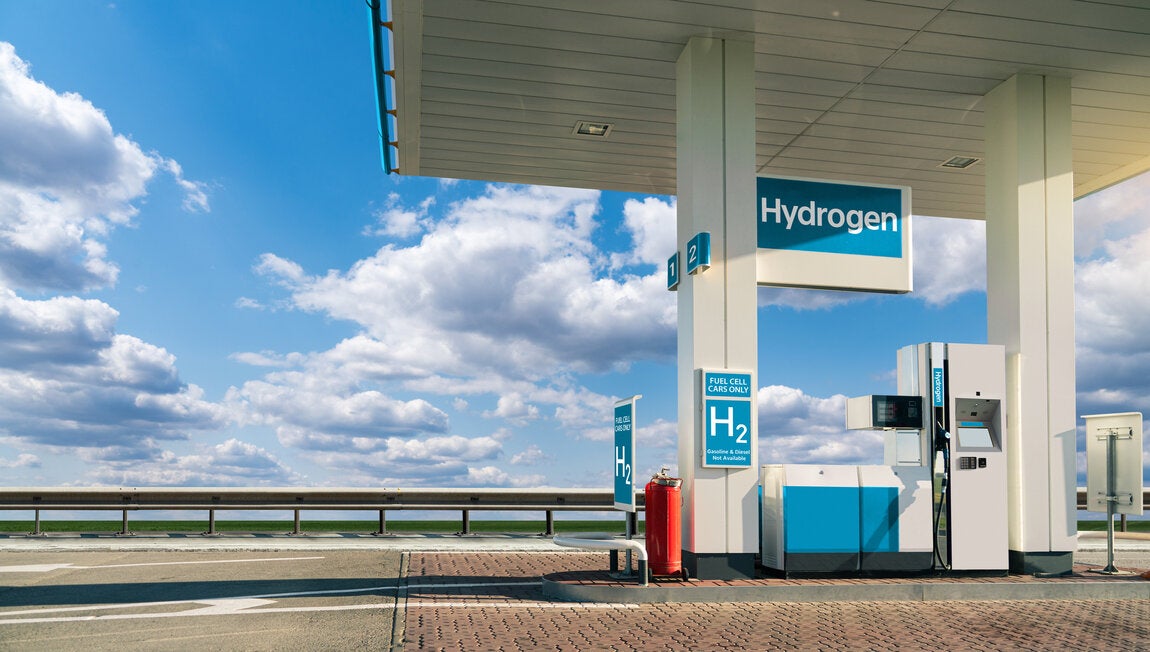
A deal was reached by EU institutions late on Monday over a key piece of legislation for Europe’s developing hydrogen-powered transport sector.
Article six of the Alternative Fuels Infrastructure Regulation (AFIR), will make the construction of one gaseous hydrogen refuelling station (HRS) mandatory for every 200km of the Trans-European Transport Network (TEN-T) core network by the end of 2030. At least one HRS will also be mandatory in every urban node.

Discover B2B Marketing That Performs
Combine business intelligence and editorial excellence to reach engaged professionals across 36 leading media platforms.
These stations will have a daily supply capacity of one ton of hydrogen for all modes of road transport. The legislation states that EU member states must prepare an HRS infrastructure deployment plan by 2027. This plan must satisfy the requirements of hydrogen-powered road mobility, such as regulations relating to durability of hydrogen components and emissions reductions.
The AFIR is part of a wider push by the EU to ensure member states adopt appropriate greenhouse gas reduction measures to meet net zero targets.
Darko Levicar, director of mobility at Hydrogen Europe, said: “We are happy to see a timely conclusion on this piece of legislation, 21 months after the proposal was tabled, despite it falling short of what we believe are the minimal industry needs.”
“European member states must establish a dense network of hydrogen refuelling and battery recharging infrastructure, and we believe that by the foreseen AFIR revision in 2026 there will be enough hydrogen cars, vans, buses and trucks on the roads to justify an increase in targets,” he added.

US Tariffs are shifting - will you react or anticipate?
Don’t let policy changes catch you off guard. Stay proactive with real-time data and expert analysis.
By GlobalDataWhile the deal does not meet all industry demands, Hydrogen Europe considers it a satisfactory starting point that lays the foundations for the use of hydrogen elsewhere, such as in maritime, aviation, and rail.
The legislation will be revised in 2026. It is expected that upon revision, it will cover the TEN-T comprehensive network in its entirety.





